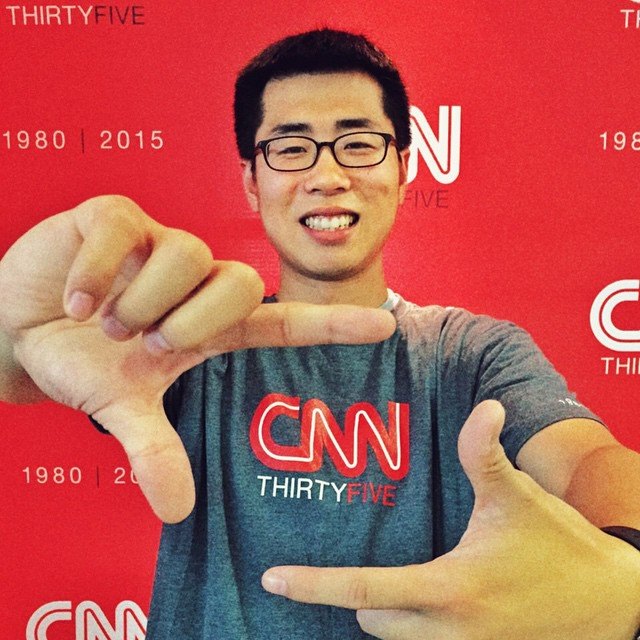Uranium Mining and its Toxic Legacy: Screening of Nabikei and Buddha Weeps in Jadugoda Talk with Director Shri Prakash
 While politicians appeal to nuclear energy as a source of clean, “carbon-free” energy, communities who face the ongoing nightmare of toxic residue from uranium mining tell a different story. In Nabikei (Footprints), Shri Prakash explores how uranium mining has altered community life for the sovereign Indigenous Acoma Pueblo, Laguna Pueblo and the Diné or Navajo Nation. Once home to a booming economy and proudly called the Uranium Capital of the World, these communities are today littered with abandoned mines, tailings dams, and other uranium contamination, which is the legacy of this deadly industry. In his film Buddha Weeps in Jadugoda, Shri Prakash turns to Adivasi (Indigenous) communities in India to address the health and environmental crisis unleashed through leaching of uranium tailings into the local water supply. Both films beckon viewers to consider how uranium mining – both for energy and weapons production – has erased Indigenous communities while exposing them to radioactive harm and its intergenerational footprint.
While politicians appeal to nuclear energy as a source of clean, “carbon-free” energy, communities who face the ongoing nightmare of toxic residue from uranium mining tell a different story. In Nabikei (Footprints), Shri Prakash explores how uranium mining has altered community life for the sovereign Indigenous Acoma Pueblo, Laguna Pueblo and the Diné or Navajo Nation. Once home to a booming economy and proudly called the Uranium Capital of the World, these communities are today littered with abandoned mines, tailings dams, and other uranium contamination, which is the legacy of this deadly industry. In his film Buddha Weeps in Jadugoda, Shri Prakash turns to Adivasi (Indigenous) communities in India to address the health and environmental crisis unleashed through leaching of uranium tailings into the local water supply. Both films beckon viewers to consider how uranium mining – both for energy and weapons production – has erased Indigenous communities while exposing them to radioactive harm and its intergenerational footprint.


Sponsored by: Orfalea Center’s Environmental Justice and Climate Justice Hub, UCSB Multicultural Center
The film screening and director talk is part of the Orfalea Center’s Environmental Justice and Climate Justice Hub 2018-2019 “Residues of Harm” series.
Dec. 4, 6:00 pm, Multicultural Center Theater





